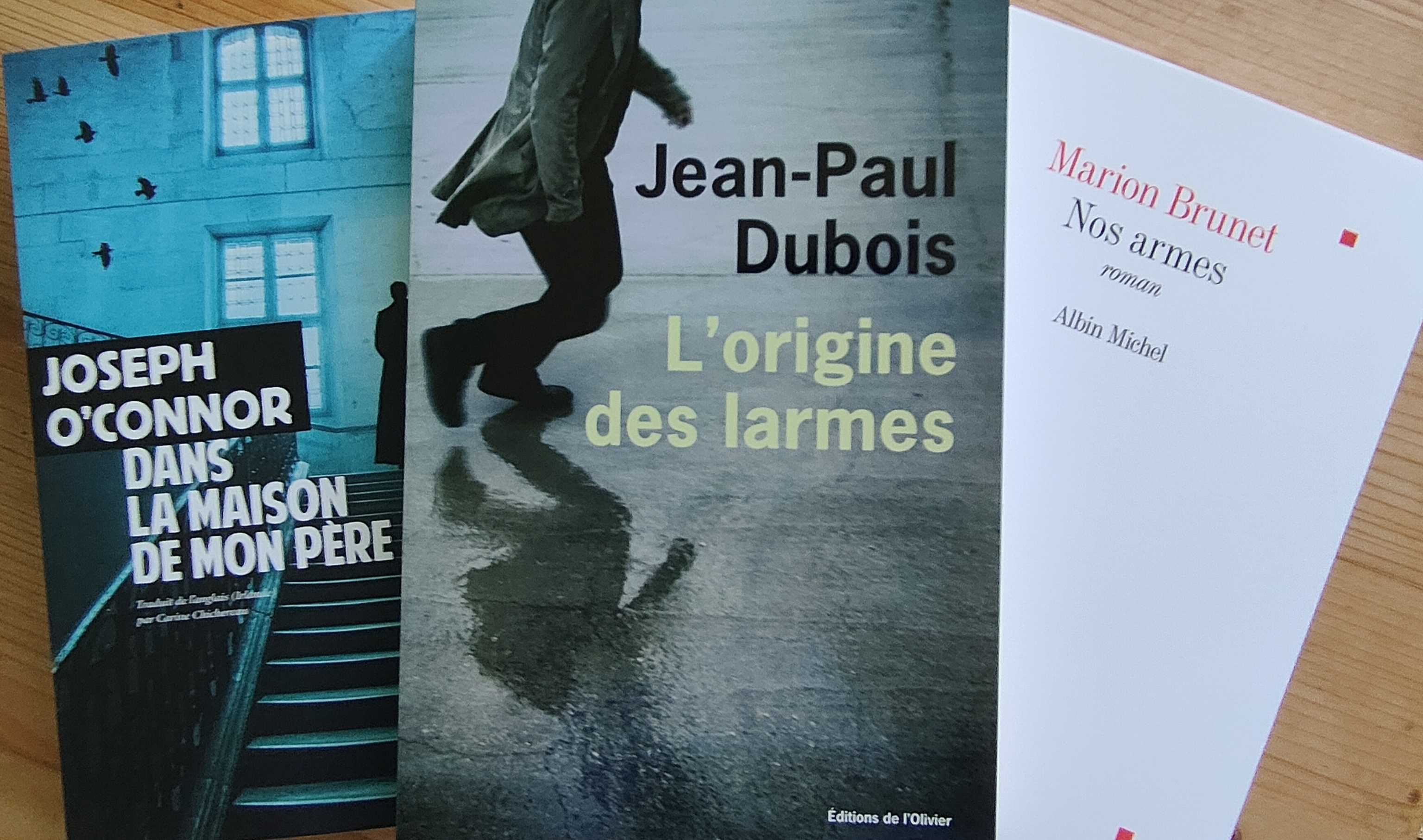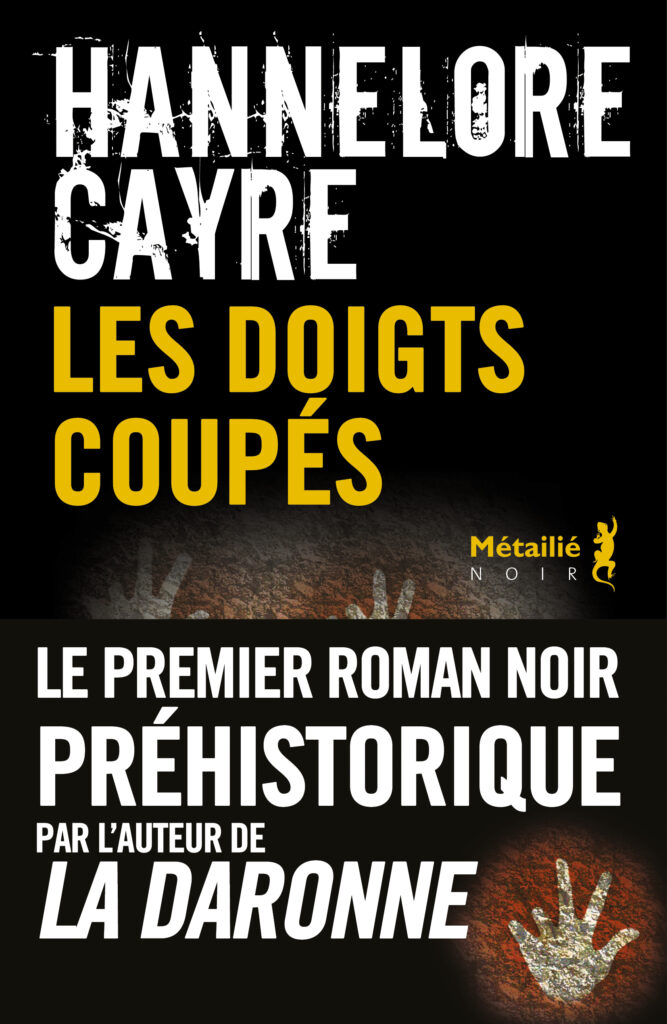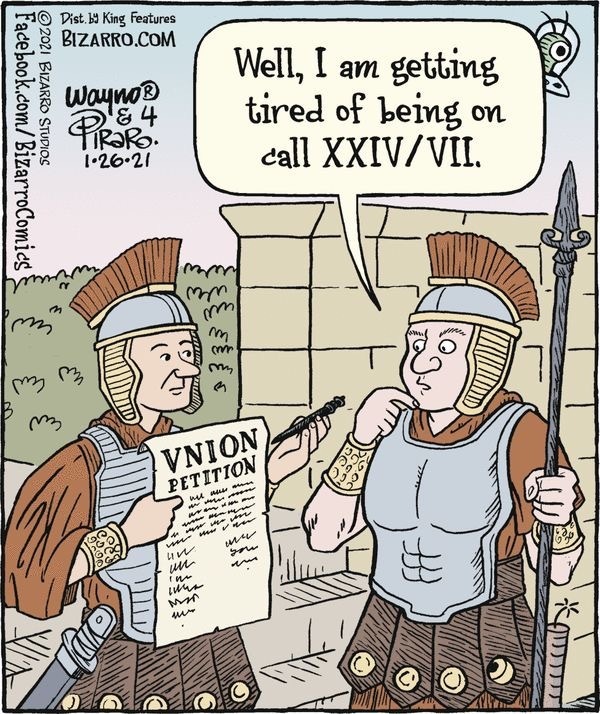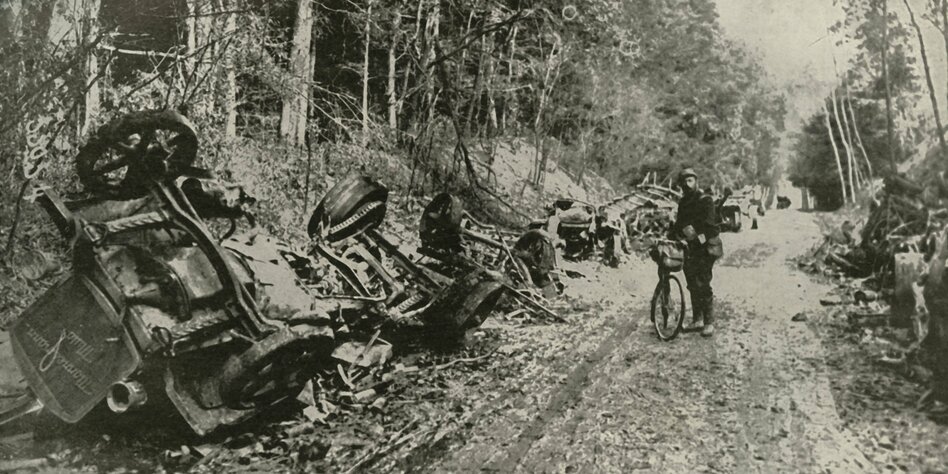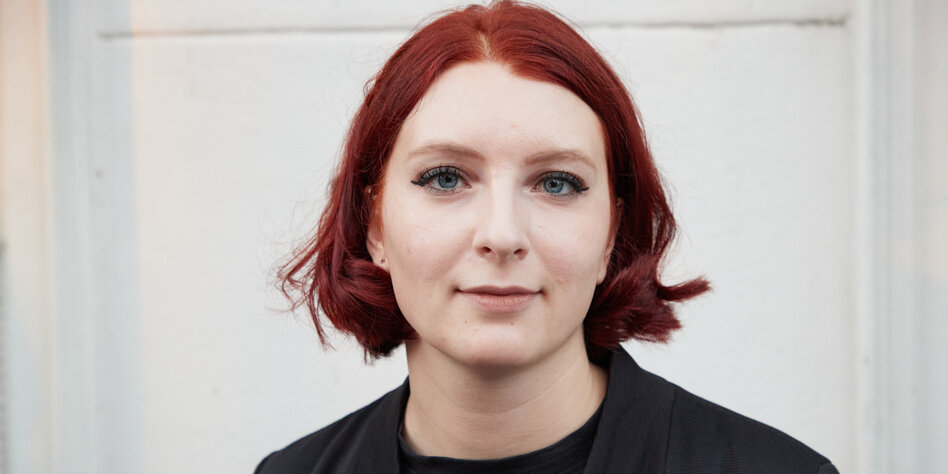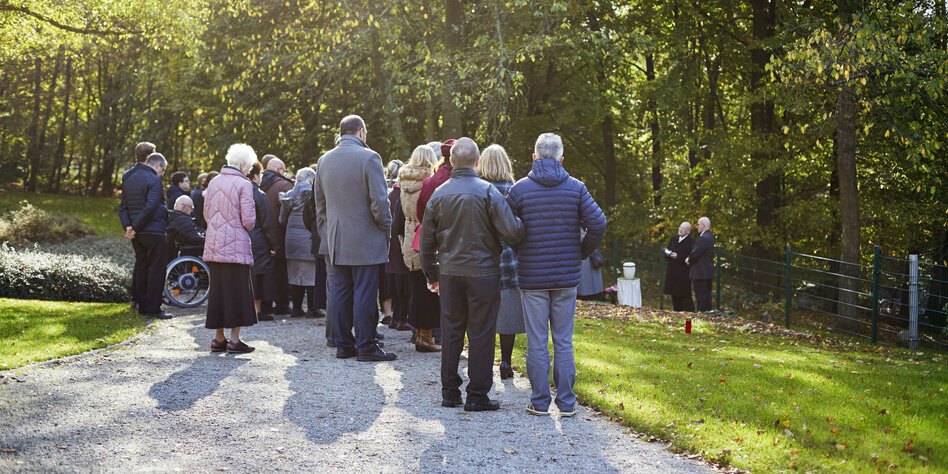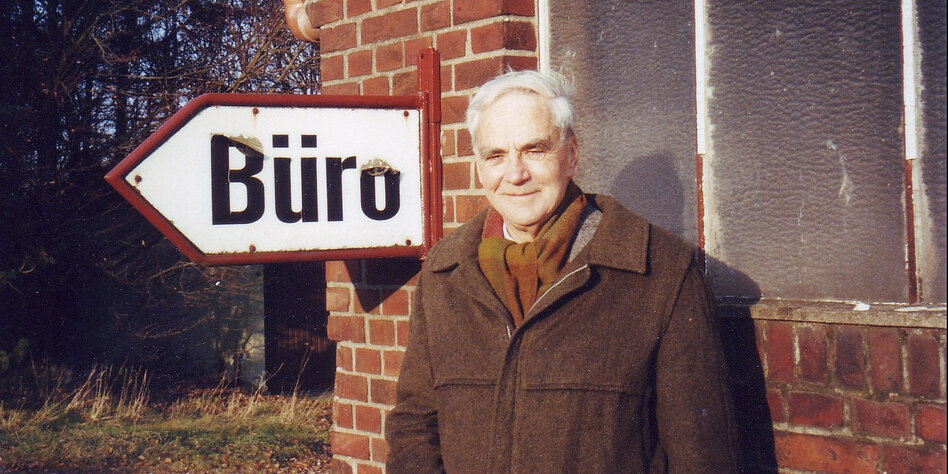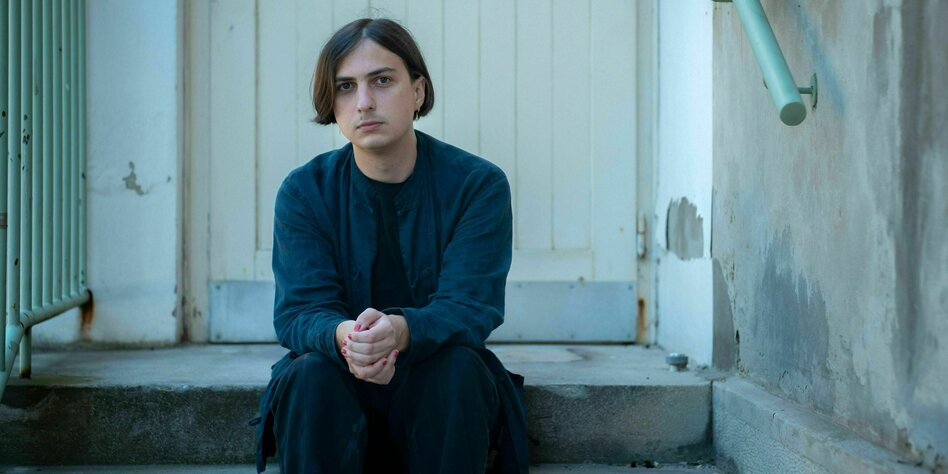#roman
Dr Jo Ball on X: "A small #Roman bronze figurine of a dog, holding up his front right paw in a gesture that will be very familiar to dog owners & lovers even today! 🐶🐾 #RomanFortThursday #Archaeology https://t.co/xYD7TLKAAi" / X
Cute!
#dogs
https://twitter.com/DrJEBall/status/1770912372418343171
A small #Roman bronze figurine of a dog, holding up his front right paw in a gesture that will be very familiar to dog owners & lovers even today! 🐶🐾 #RomanFortThursday #Archaeology pic.twitter.com/xYD7TLKAAi
— Dr Jo Ball (@DrJEBall) March 21, 2024
Et puis on aura vu la mer – Tristan Saule - Le Quartanier https://lequartanier.com/parution/677/tristan-saule-et-puis-on-aura
#littérature #roman #livre
Les Doigts coupés - Hannelore Cayre - Editions Métailié https://editions-metailie.com/livre/les-doigts-coupes/
#livre #littérature #roman
C'est très bien écrit, c'est drôle, parfois désopilant, passionnant, profond. Bref, c'est génial...
Le silence est inquiétant. Il ressemble à un type bien sapé, en costume et noeud papillon, qui prendrait ses aises dans le quartier. Le silence, depuis le début du confinement, fait cet effet-là. Il détonne. Il n'a rien à foutre ici.
Tristan Saule – Le Quartanier https://lequartanier.com/auteur/117/tristan-saule
#littérature #roman #livre #LesChroniquesDeLaPlaceCarrée #société
Presque par hasard, j'ai lu très récemment "Mathilde ne dit rien." de Tristan Saule.
Les événements de ces derniers jours la rongent. Un cyclone tournoie derrière son visage minéral. Autour d'elle, dans les autres bureaux du bâtiment, dans les couloirs, les salles de réunions, ses collègues parlent des langues inconnues, se livrent à des rites hermétiques. Elle ne les a jamais vraiment compris, aucun d'eux, pas même Sophie. Elle a toujours eu la sensation d'être une étrangère dans un pays inconnu. Seulement, quand on reste si longtemps dans un pays, on finit par en connaître la langue, la culture. Avec elle, ça ne s'est pas produit. Elle est comme Veronica, la vieille polonaise du bâtiment C de la place carrée, qui ne parle toujours pas français des décennies après son arrivée ici. Comme elle, Mathilde a peut-être jugé dès le début que cet environnement ne méritait pas qu'on fasse l'effort de le comprendre. Ce boulot, ces gens, cette ville, et, à y réfléchir, tous ces boulots, tous les gens, toutes les villes qu'elle a traversées. Le monde entier.
Et j'ai beaucoup apprécié.
En me renseignant un peu plus sur cet auteur, j'ai appris que "Mathilde ne dit rien" est le premier volet d'une tétralogie intitulée "Les chroniques de la place carrée".
Et bien évidemment, j'ai couru me procurer le deuxième opus de cette série, lequel s'intitule "Héroïne".
Tonio plisse les yeux. Il est aveuglé par la lumière du soleil qui baigne l'appartement. Il n'a pas bougé d'un centimètre, toujours en boule sur le canapé. Il enfonce la tête sous les couvertures, essaie de se rendormir. Il n'a pas besoin de regarder son téléphone. Il sait exactement qu'elle heure il est. Sept heures trente. Peu importe l'heure à laquelle il se couche, il ouvre les yeux tous les matins à 7 h 30. Il aime raconter que c'est la seule chose qu'il garde de l'éducation de ses parents. Ses vrais parents. Les tarés. Ceux avec qui il a vécu jusqu'à l'âge de sept ans. À cette époque, s'il ne sortait pas du pieu à 7 h 30 pétantes, il se prenait un verre d'eau, une grolle, un coup de latte, parfois pire. Depuis, c'est comme ça, il se réveille à 7 h 30. Il réussit toujours à de rendormir mais il n'y a rien à faire, il sursaute à cette heure là. Bande de malades.
Et évidemment, j'ai beaucoup aimé.
Donc serez-vous surpris si je vous disais que je m'apprête à lire les deux derniers volets de cette tétralogie..?
Dune de Frank Herbert | ARTE Book Club | ARTE - YouTube
#culture #littérature #dune #franckherbert #roman #sciencefiction #documentaire
‼️ Clause de non-responsabilité : je n'ai pas toujours le luxe d'être perfectionniste, si le site ou la plateforme sur lequel pointe le lien ne vous convient pas ou que vous n'êtes pas protégé contre le pistage, vous pouvez malgré tout bénéficier de l'information ici partagée et faire des recherches ailleurs (peertube, invidious, archive.org, etc.) à l'aide du titre, des mots-clés, du résumé, des commentaires. Il suffit de placer le pointeur sur le titre pour connaître l'URL ou la copier avant de cliquer.
Nina Willburger on X: "For today's #MosaicMonday a hilarious #Roman mosaic depicting a boisterous #dog knocking over a basket and pulling out the contents. Life without #dogs is possible but pointless! On display at the Archaeological Museum Irbid/Jordan. #RomanArchaeology https://t.co/iVbB1acgjR" / X
Awww cute
https://twitter.com/DrNWillburger/status/1764583495341334803
For today's #MosaicMonday a hilarious #Roman mosaic depicting a boisterous #dog knocking over a basket and pulling out the contents. Life without #dogs is possible but pointless!
— Nina Willburger (@DrNWillburger) March 4, 2024
On display at the Archaeological Museum Irbid/Jordan. #RomanArchaeology pic.twitter.com/iVbB1acgjR
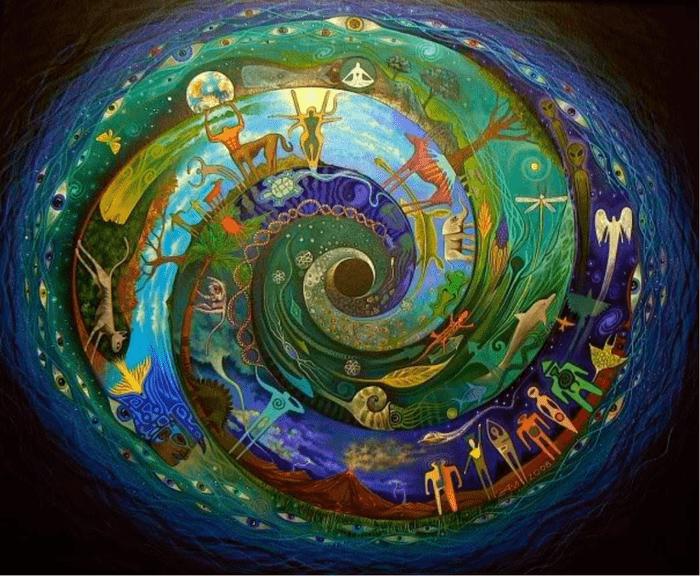
#Reincarnation and #Karma | Order of #Bards, #Ovates & #Druids
by Dr Renata Bartoli
It’s not possible to give a date when the concept of reincarnation first appeared among human beliefs because it seems to be as old as humankind itself and it is present in cultures all over the #world.
Its first manifestation seems to be in Shamanism. From it the belief in rebirth has passed into all major religions that have developed on earth, accompanying and influencing them throughout their evolution.
Reincarnation though transcends the limits of specific, codified religious systems. Nowadays, in a more and more secularised Western society, it is science that enjoys respect and credibility, while traditional religions are constantly losing public interest: in fact, people are in search of a more direct and less structured spirituality. In this climate, interest in reincarnation is not fading but growing and this ancient, primordial belief is now receiving validation and support by just those very scientific milieux that – traditionally – have always been the antagonists of religions. I say ‘primordial belief’ because looking back to the entire history of human thought, reincarnation is actually the only worldwide concept that has shown continuity and permanence from our origins to the present day.
Eastern religions are well known to hold the concept of rebirth at the very core of their teachings. What is less known is that reincarnation has also always been present in monotheistic faiths and philosophical systems of Western and Middle Eastern societies.
In classical Greece Plato, Diogenes and Pythagoras spoke of reincarnation and past life regressions.
The #Ancient Jews believed that Abel had reincarnated into #Moses, and in the Middle Ages reincarnation appears in the esoteric teaching of #Kabbalah, developed further in later times by the Hassidic movement.
The concept of Karma was introduced to Latin Rome by Ennius, after being imported from the newly conquered Eastern territories, and #Virgil describes reincarnation in his #poems.Medieval Islam was also familiar with the concept of rebirth, and the Persian Sufis have preserved this belief up to the present day. The #Quran itself explains the law of Karma.
What about Christianity? Reincarnation was an integral part of the beliefs of early Christians and there are references to it even in the teachings of Jesus himself. However everything changed in #325 AD when, at the #Council of #Nicaea, reincarnation was condemned as #heretical. The fact is that this council was called in times of great turmoil and insecurity and its decisions were dictated by political needs and not by spiritual considerations; in fact the Council was requested by #Constantine, the emperor of the Eastern #Roman #Empire, and it marked a crucial political turning point in the fate of what would later become Europe as we know it today.
At that time the old empire was disintegrating under the pressure of nomadic peoples coming from the East, bringing with them a completely new and unknown civilisation. Constantine was the head of this vanishing empire and he was desperate to maintain an order which was faltering in the face of the advancement of the chaos brought by them. To do so he needed absolute power and absolute obedience and to obtain them both he needed very strict laws, able to keep order within the threatened boundaries. In such a situation #people were supposed to #obey #without #question, and no challenge to his #authority or the status quo was tolerated.
Reincarnation states that we incarnate over and over again, experiencing all sorts of human conditions, and that someone who had been a king in the past could be reborn as a tramp and vice versa. The precariousness and transitoriness of social status that it taught certainly sounded very subversive to a frightened monarch, and didn’t hold any appeal for him. Constantine used a heavy hand to #eradicate it. He banned it as he did all other ideas or beliefs he felt threatened by, and he didn’t hesitate to #execute their #supporters, mercilessly silencing any opposition.
In spite of all this the idea of #rebirth has never been extirpated and today – although the traditional religious systems are in crisis throughout the entire Western civilisation – the belief in reincarnation is growing steadily both in Europe and the USA, as the statistics of the last twenty years show.
Chapps on X: "Every #dog owner knows this expression. This very good boy is waiting for your approval, as he's brought you a hare (!). 🐇 #Roman bronze lamp of a greyhound with a bunny in his mouth (face down, its head forms the nozzle where the wick would have gone). #BritishMuseum 📸 me https://t.co/NSQsXgpgxq" /
https://twitter.com/chapps/status/1764346380519420013
Every #dog owner knows this expression. This very good boy is waiting for your approval, as he's brought you a hare (!). 🐇#Roman bronze lamp of a greyhound with a bunny in his mouth (face down, its head forms the nozzle where the wick would have gone). #BritishMuseum
— Chapps (@chapps) March 3, 2024
📸 me pic.twitter.com/NSQsXgpgxq
Book Recommendation
Erich Kästner: [Der Gang vor die Hunde](https://de.wikipedia.org/wiki/Der_Gang_vor_die_Hunde(K%C3%A4stner))_
Der Zustand lebt mehr denn je vom Zufall. Wovon, so fragte sich der Autor, soll die Darstellung des Zustands leben? Jeder Tag ist für den, der ihn erlebt, eine Reise im verkehrten Zug ans falsche Ziel. Weil es viele Möglichkeiten gibt, und nur eine davon kann Tatsache werden, verwirklicht sich das Unwahrscheinliche. Die Vernunft ging ins Exil. Der verworrene Zustand und der ratlose Mensch blieben übrig. Wie ließ sich beides am treffendsten auf den Leser übertragen? Wie konnte es, wenn überhaupt, gelingen, den Leser so zu mobilisieren, daß er nach der Lektüre womöglich aufsprang und auf den Tisch schlug und ausrief: Dieser Zustand muß anders werden!
aus dem Nachwort für die Kunstrichter, 1931
#Berlin #Buch #Roman
Die Mutterrolle im Theater: Die Angst, nie zu genügen
Für das Nationaltheater Mannheim hat Laura Linnenbaum den großartigen Roman von Daniela Dröscher „Lügen über meine Mutter“ auf die Bühne gebracht.#Theater #Mannheim #Roman #Mutter-Tochter-Beziehung #Frauenrolle #Wirtschaftswunder #Künste #Kultur
Die Mutterrolle im Theater: Die Angst, nie zu genügen
Wiederauflage Peter Flamms Roman „Ich?“: Schwer zu erklärende Gefühle
Der Erzähler in Peter Flamms Roman von 1926 „Ich?“ irrt durch sein beschädigtes Leben nach dem Ersten Weltkrieg. Eine Wiederauflage vom Fischer Verlag.#wochentaz #Literatur #Roman #Identität #Krise #Trauma #ErsterWeltkrieg #Buch #Kultur #Schwerpunkt
Wiederauflage Peter Flamms Roman „Ich?“: Schwer zu erklärende Gefühle
Roman: Krise einer Übersetzerin
Friede, Freude, Mutterkuchen: Unglückliche, einsame Erzähler gibt es viele in der Literatur. Slata Roschal mutet dies jetzt einer Erzählerin zu.#wochentaz #Roman #Mutterfigur #Buch #Kultur
Roman: Krise einer Übersetzerin
„La Storia“ als TV-Serie: Elsa Morante ist zurück
Seit auf Rai eine Adaption von Elsa Morantes „La Storia“ läuft, ist der Roman wieder auf den Bestsellerlisten. Er passt erschreckend gut in die Zeit.#Rom #Roman #TV-Serien #Italien #KolumneLaStrada #Buch #Kultur #Serie
„La Storia“ als TV-Serie: Elsa Morante ist zurück
Zwei Bücher über den Tod: Der geteilte Raum des Erzählten
Autorin Eva Schörkhuber und Journalistin Birgit Fuß denken in Büchern über Trauer nach. Sie beschäftigt, wie man dafür eine Sprache finden kann.#Trauer #Tod #Sterben #Liebe #Roman #Buch #Kultur
Zwei Bücher über den Tod: Der geteilte Raum des Erzählten
Romane vom Niederländer J. J. Voskuil: Clash zwischen Neu und Alt
Berühmt ist J. J. Voskuil für sein Mammutwerk „Das Büro“. Auf Deutsch erschien nun auch sein sehr lesenswerter Roman „Die Nachbarn“.#Buch #Roman #Büro #Niederlande #GesellschaftlichesMiteinander #Gesellschaftskritik #Kultur
Romane vom Niederländer J. J. Voskuil: Clash zwischen Neu und Alt
Autorin über Debütroman: „Drei starke, eigensinnige Frauen“
Autorin Elena Fischer erzählt in „Paradise Garden“ vom prekären Leben in einer Hochhaussiedlung. Ihre Protagonistinnen lassen sich nicht unterkriegen.#Literatur #Frauen #Prekariat #Roman #Armut #Kultur #Nord #Schwerpunkt
Autorin über Debütroman: „Drei starke, eigensinnige Frauen“
Schriftsteller Elias Hirschl: Malochen und dabei absaufen
In dem irren Roman „Content“ geht um Klimawandel, digitale Selbstauflösung und prekäre Arbeit im 21. Jahrhundert. Wer ist der Autor dahinter?#Österreich #Porträt #Literatur #Roman #Buch #Kultur
Schriftsteller Elias Hirschl: Malochen und dabei absaufen
